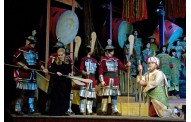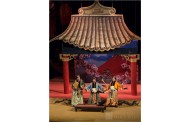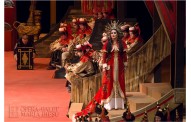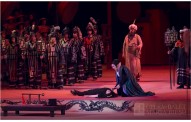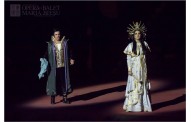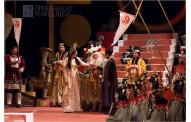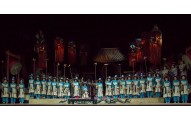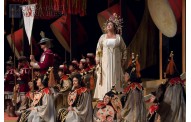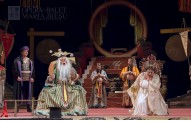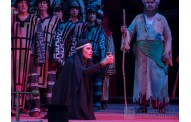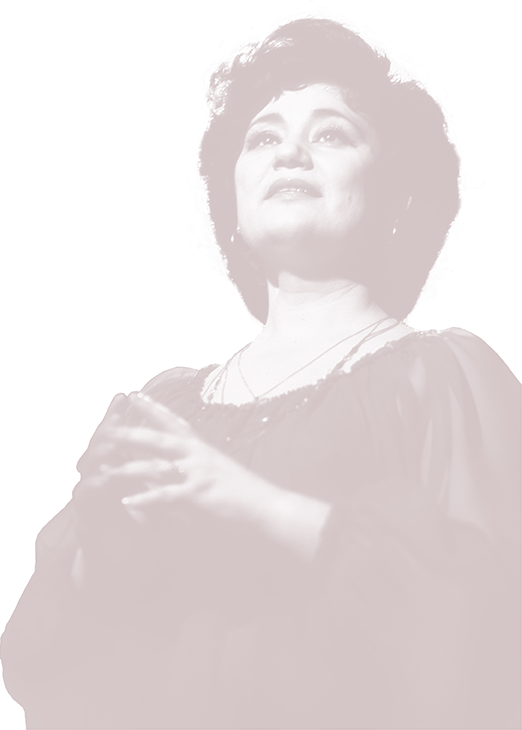
Conductor:
Original name: Turandot
Libretto: Giuseppe Adami and Renato Simoni
based on the earlier text "Turandot" by Count Carlo Gozzi
World Premiere: April 25, 1926, at La Scala Theatre, Milano.
Premiere in Chisinau: April 29, 1979, at Moldovan State Opera and Ballet Theatre.
Premiere of the last version: December 25, 1984, at Moldovan State Academic Opera and Ballet Theatre.
Stage Director: Eugen Platon, People`s Artist
Set Designer: Veaceslav Ocunev
Costume Designer: Irina Press, Master of Arts
Music Director: Albert Mocealov, Artist Emerit al RSSM
Coordinating Director of the show: Rodica Picireanu, Master of Arts
First Choir Master: Oleg Constantinov, People's Artist
Artistic leader of the ballet troupe: Anastasia Homitcaia, People's Artist
Running time: 2 hours 30 min (two intervals)
Opera is presented in Italian
Subtitles in Romanian

